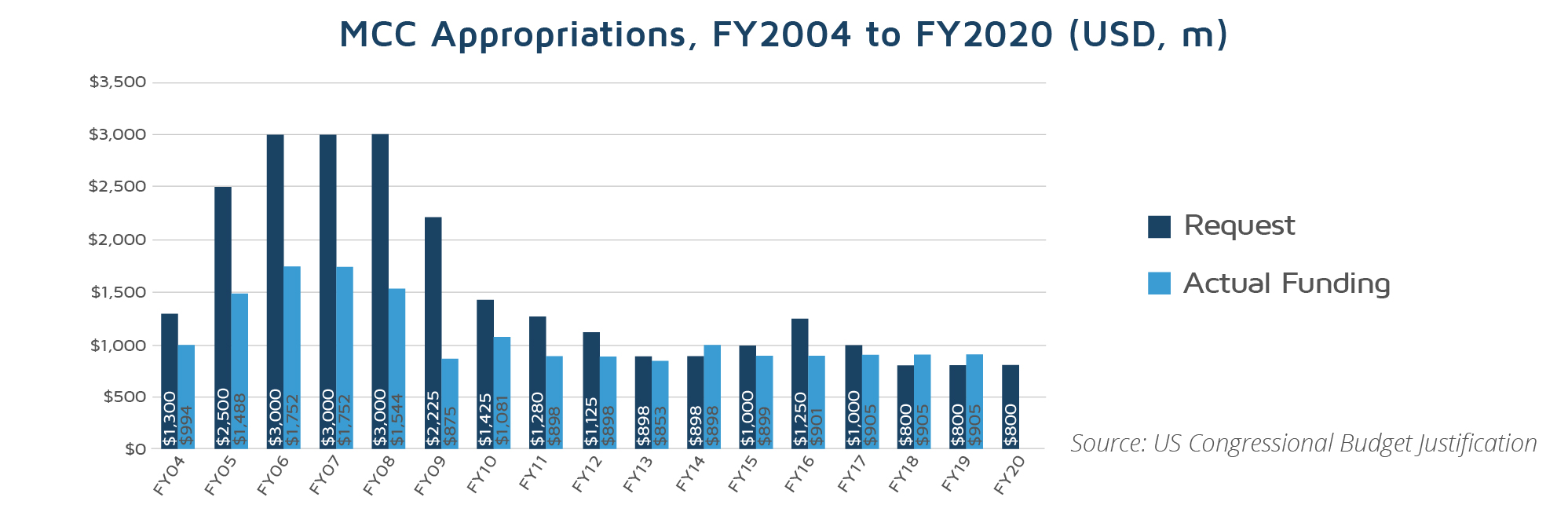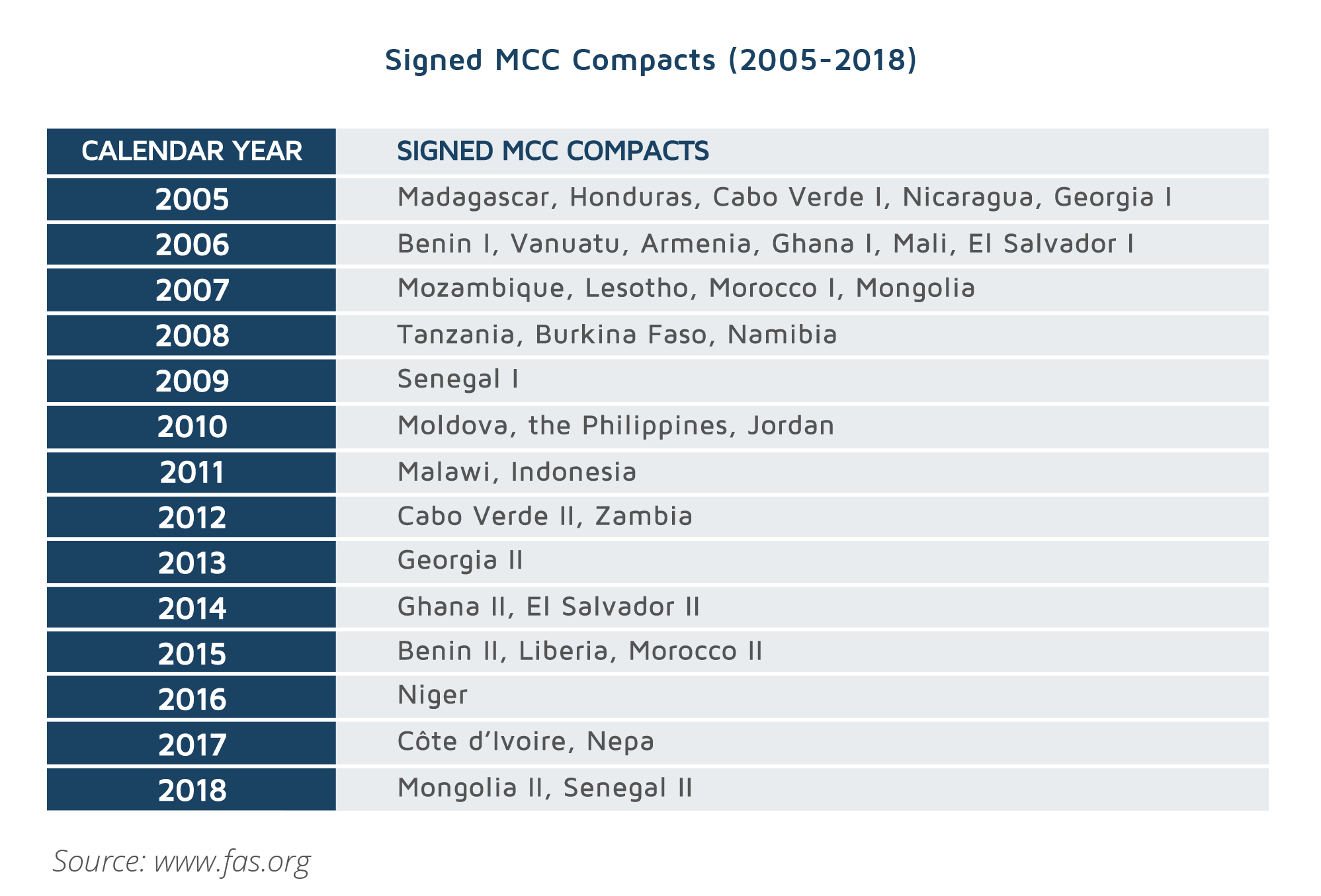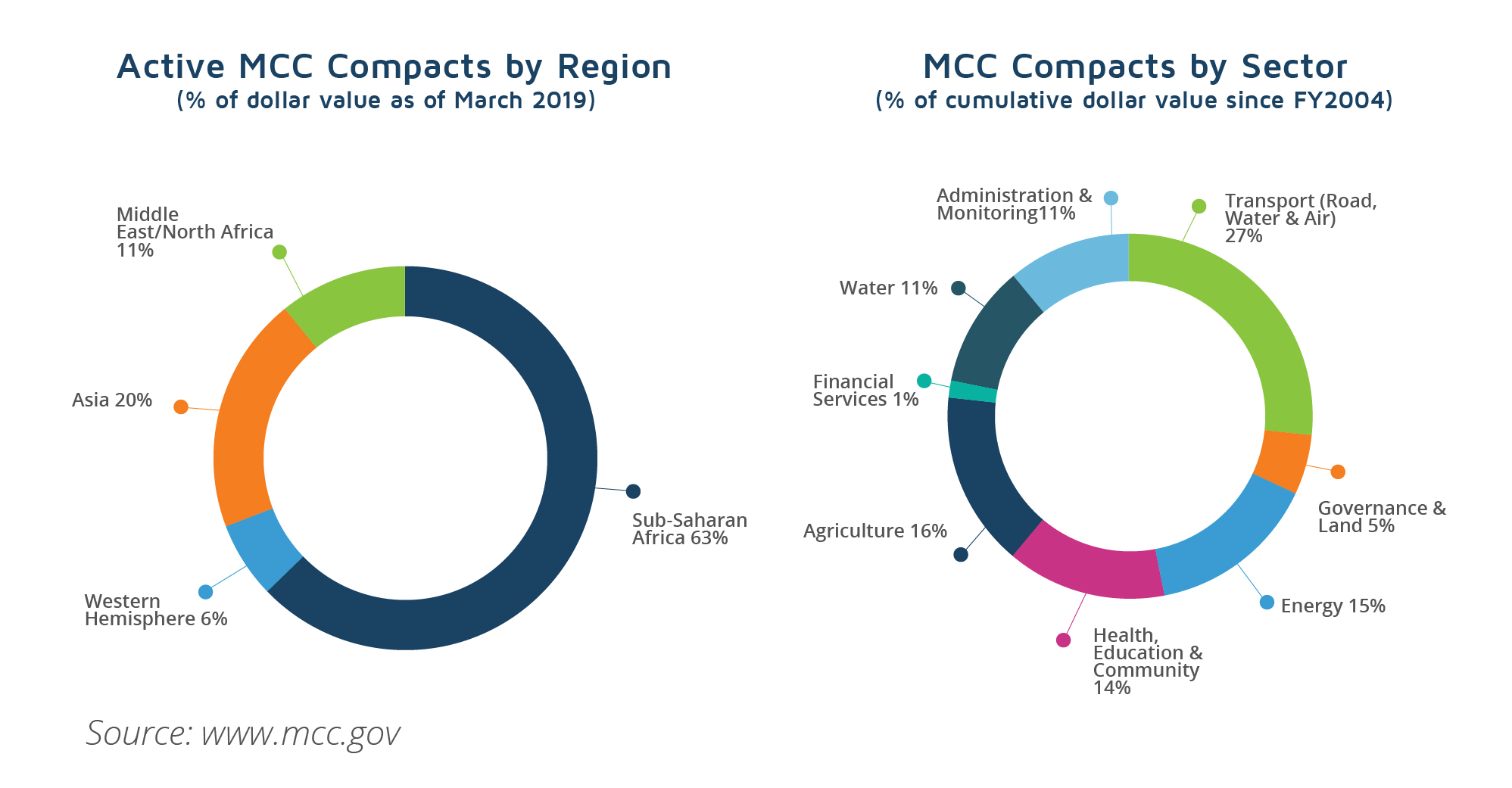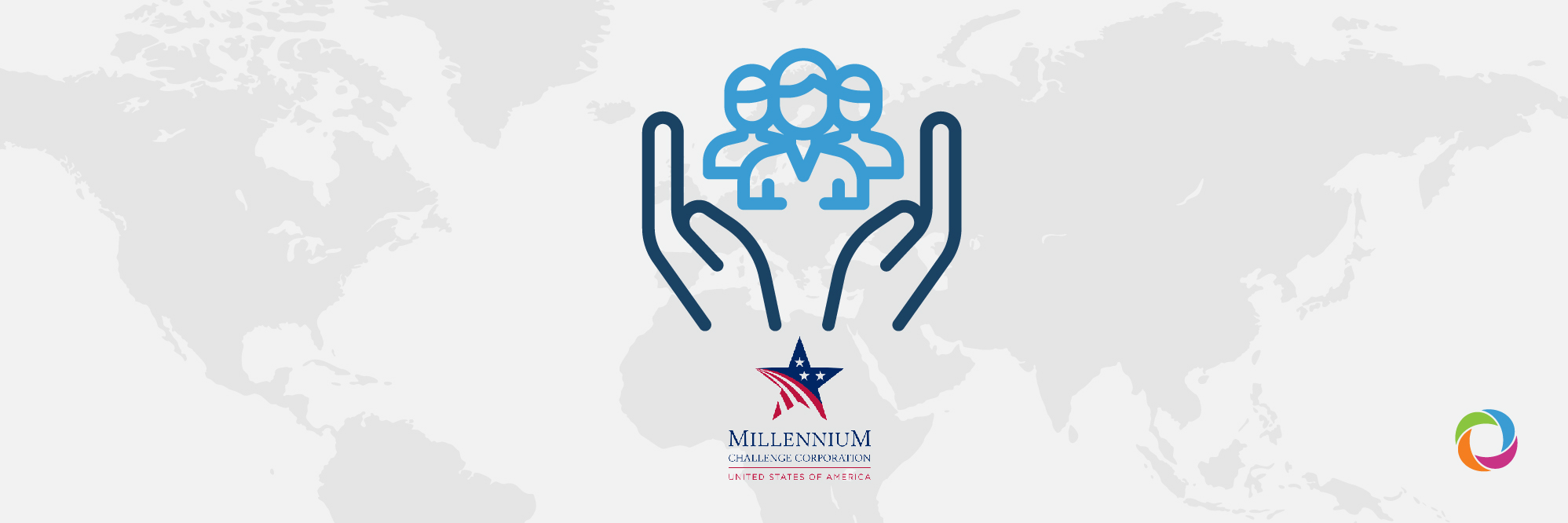The Millennium Challenge Corporation, an independent and innovative US foreign assistance agency, has recently selected two more countries to partner with and to provide grants towards their economic development – Kenya and Mozambique. The new CEO, Sean Cairncross, recently appointed in 2019, has stated that the agency will continue to reinforce its business-like approach to foreign aid while continually building upon that model with innovative improvements. The MCC provides time-limited grants and has shaped the way foreign assistance is delivered by focusing on rigorous country selection, country ownership and data-based decision making.
Established in 2004, the Millennium Challenge Corporation differs in the way it delivers economic assistance, compared to other US foreign aid agencies. The MCC model contrasts to previous and current aid practices by essentially being a “wholly government-owned corporation” and operating an organizational structure similar to that of a corporation. The agency is headed by a Chief Executive Officer and has received the US Congress’s authorization to act “notwithstanding any other provision of law” apart from the Millennium Challenge Act itself. Although the agency is relatively independent of existing legislative mandates and sundry bureaucratic restrictions that are placed upon other aid agencies, it is still directly overseen by the Executive Office of the President and Congress. The MCC’s budget for its 2020 activities is US$800 million, with President Trump requesting a similar sum for the fiscal year 2021 in his budget proposal.

The MCC runs two types of assistance programs – a long-term, large-scale investment in a selected country, known as a compact program, and a short-term, more restricted effort intended to prepare a country to potentially receive a compact program, known as a threshold program. The MCC regards the compacts as business contracts and has now been implementing this model for over 15 years with a good track record. This approach, as CEO Cairncross confirms, has helped the agency to ensure the country selection process remains objective and maintains its laser-focus on achieving the agency’s goal – poverty reduction through economic development. The agency’s country selection process is competitive – countries are classified by their previous actions based on objective measures. The nations that the MCC partners with should fall into the World Bank’s category of low-income countries and align with 20 other indicators sourced from a variety of international institutions, universities, think tanks and advocacy organizations. The developing nations are required to demonstrate positive performance in three main areas – ruling justly, investing in people and fostering economic freedom.

Five-year MCC compact grants worth a total of US$13 billion have so far been awarded to 29 countries. As with other US foreign aid, much of the compacts went to Sub-Saharan Africa and, as of September 1st 2019, seven countries were implementing compacts – Benin, Côte d’Ivoire, El Salvador, Ghana, Liberia, Morocco and Niger. Unlike other US aid agencies, the MCC primarily invests in infrastructure projects and this focus is possibly due to the substantial capital of MCC compacts and the upfront funding commitment it offers. The agency has helped to build more than 3,000 km of roads, laid almost 5,000 km of power lines, built or rehabilitated over 800 educational facilities and installed nearly 1,200 water access points.

In addition to compacts, the MCC provides threshold programs – smaller and shorter platforms – which are designed to assist potential candidate countries to become eligible for compact programs. The threshold addresses shortcomings in a country’s qualifying indicators, targeting the broader policies that affect a country’s potential for growth, in accordance with the Growth Diagnostics Model. As of March 2019, 31 threshold programs worth a total of over US$600 million had been provided to 29 countries, with an average program size of US$23.86 million. Twelve of those countries have subsequently received compacts. Currently, Guatemala, Sierra Leone, Togo and Kosovo are implementing threshold programs.
In 2019, the MCC’s Board of Directors announced new threshold programs with Kenya, Ethiopia and the Solomon Islands and a second round of compact programs with Mozambique, Malawi and Indonesia. It also announced the first compact for Kosovo, despite the fact that it had a comparatively short two-year period to provide proof of a sufficiently high performance on its scorecard. The Board noted that, as one of the poorest countries in Europe, a compact there could make a significant impact.
Following approval from the Trump administration in 2018, the MCC now has the authority to enter into multi-country regional integration compacts. The MCC’s CEO, Cairncross, commented that it is a current goal of the MCC to adopt regional instruments of foreign aid provision, stating that “markets don’t stop at borders” and that “cross-border projects will promote regional integration and trade”. As of 2019, the MCC is exploring its first multi-country regional compact program which will be run in West Africa with Benin, Burkina Faso, Côte d’Ivoire, Niger and Ghana as the participant countries.
The MCC has continuously reaffirmed both its working model and the principles of it, while CEO Cairncross has set out certain priority goals which will enhance the operations of the MCC. Developing cross-border compact programs, more engagement with the private sector in respect of cooperation and the economic empowerment of women are among the targets on the MCC’s future agenda. In the meantime, the MCC wants to improve and accelerate one of the main pillars of its private-sector like model: data driven and evidence-based decision-making. The agency wants to leverage innovative technology to monitor and evaluate its programs and present the evidence as new and useful information in the form of publicly available briefings.
If you would like to search through the currently open funding opportunities of MCC available via the DevelopmentAid platform, you can go to our Funding page.
DevelopmentAid focuses on delivering relevant information from the international development sector to its members. If you want to stay connected to our stories, Become a member and Subscribe to our newsletter.

